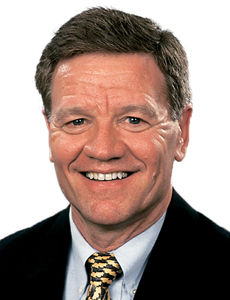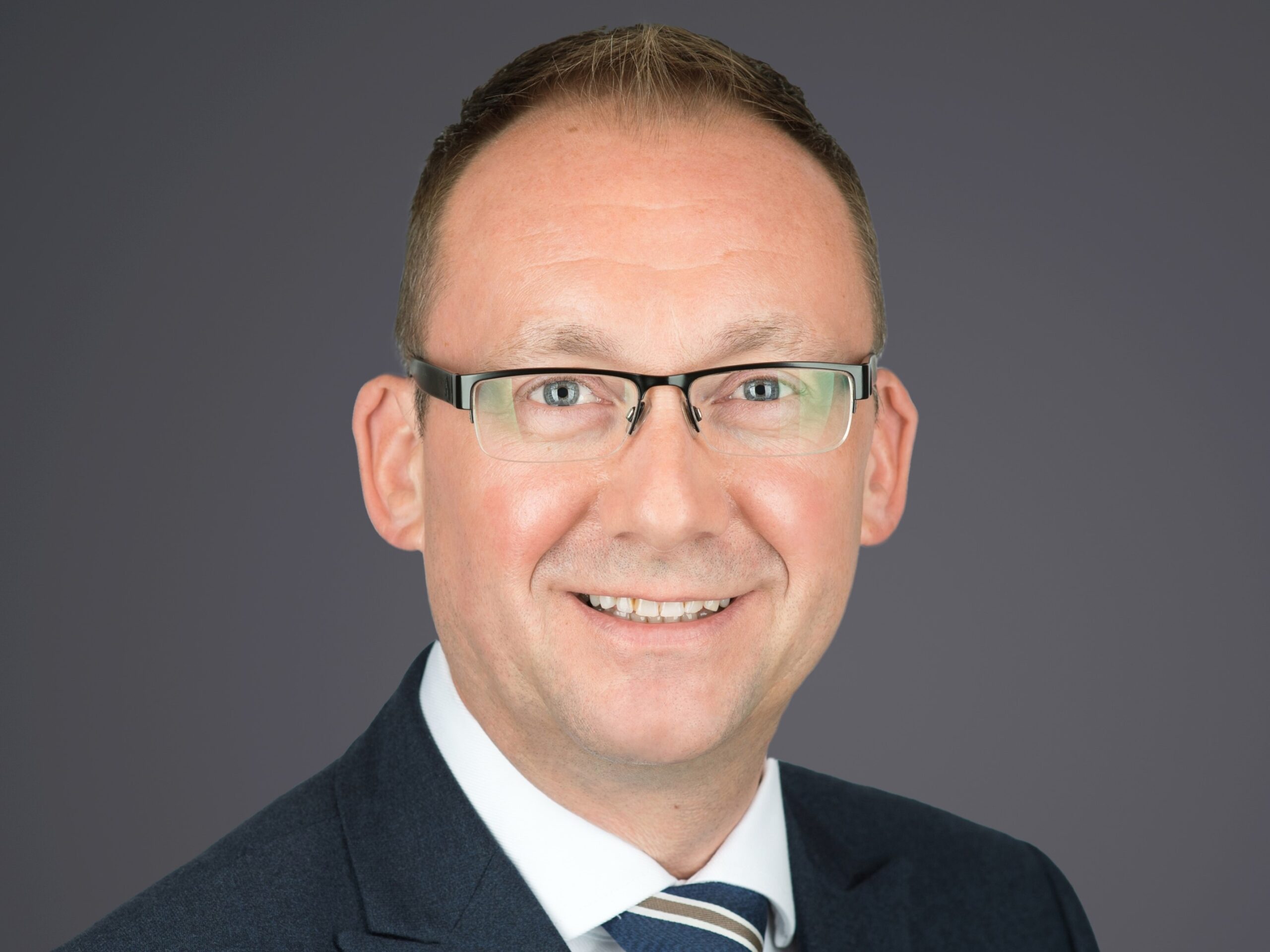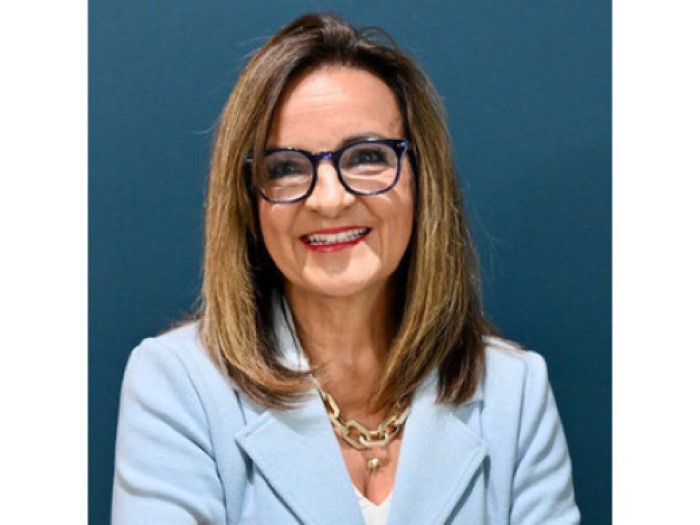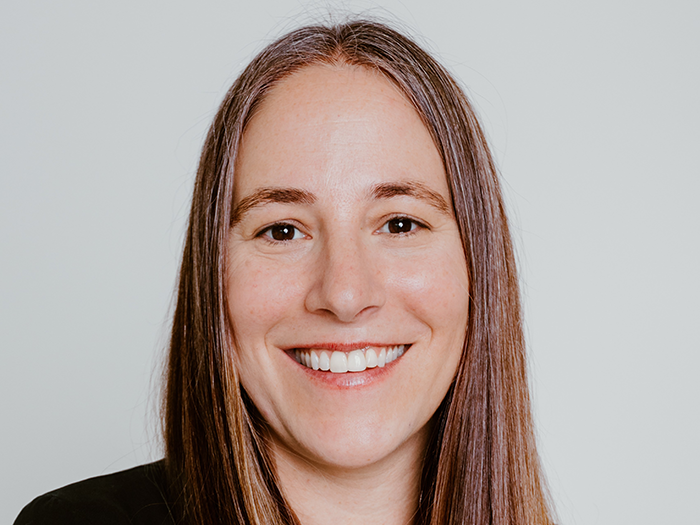Risk Management
The Profession
R&I: What was your first job?
It was as a dishwasher at the Log Cabin Diner in Newport, Maine, where I grew up. Everyone called it “The Little Place with the Big Plate” because it served such a heaping amount of good seafood. I’m still washing dishes for my family.
R&I: How did you come to work in risk management?
I sort of backed into it. Early on, I wanted to go to law school, and worked at the Travelers as an underwriter in the San Diego office and in the international department in Hartford to help pay for it.
My wife and I wanted to live in Maine, where I ended up at the Maine Bureau of Insurance managing the property casualty division right out of law school. I got to know the executive secretary to the advisory board, who was ready to retire. I won the position, where I essentially placed the state’s insurance and later drafted legislation to create a state risk management division.
R&I: Who is your mentor and why?
I really do have a lot of mentors … Steve Wilder at Disney is one. I really admire the work he does and the service he gives. Mark DeLillo [director of risk management for builder and land developer Taylor Morrison] is another. He got me involved in RIMS on a national level, inviting me to chair a task force to rewrite RIMS’ constitution and bylaws. And Susan Meltzer, [vice president of risk] at Aviva Canada, always has the answer when pressing issues arise.
R&I: What about this work do you find the most fulfilling or rewarding?
I’m motivated by accomplishment. I am proud of the work I have done at Bullard. In addition, a few years ago while working for Bullard I did some consulting for a company that faced imminent bankruptcy over 200 lawsuits.
Within five months I got them dismissed from nearly every case. Management was told by their agent of 25 years that he could not find a record of their old insurance policies. I did the archiving and found 10 policies in critical exposure years. These insurance policies helped them cover defense costs while I was working to get the cases dismissed.
The company had three very high-priced law firms involved and they were making no progress in getting dismissals but were charging enormous fees. I replaced those three law firms with two in the relevant states. Within six months, the company was back on its feet and focusing on manufacturing its products. I’ve loved doing stuff like that.
R&I: What do your friends and family think you do?
Eighty to ninety percent of my time is spent on managing litigation, so they seem to think I do legal work. This is accurate, I guess. However, risk management is much broader than that.
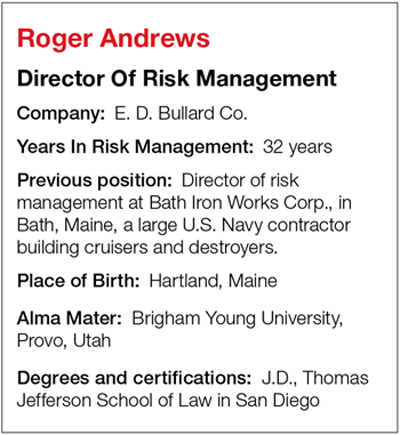 R&I: What is the risk management community doing right?
R&I: What is the risk management community doing right?
It’s seeking education on different issues and growing in terms of the body of knowledge risk managers need to be proactive in their jobs.
R&I: What could the risk management community be doing a better job of?
I think we could be doing a better job of communicating the value we bring to our respective entities, public or private.
R&I: What emerging commercial risk most concerns you?
Cyber risk. Second to that: Supply-chain risk.
R&I: What is the most unusual/interesting place you have ever visited?
I really like Sydney, Australia. I spoke there as newly elected RIMS president. My wife and I did some hiking and stayed at Darling Harbor and it’s very scenic and diverse.
R&I: What’s been the biggest change in the risk management and insurance industry since you’ve been in it?
The emphasis on enterprise risk management.
R&I: What insurance carrier do you have the highest opinion of?
Several are highly rated in my mind for different reasons. We have a long-term relationship with surplus lines carrier Admiral Insurance Co., for instance, and a great relationship with Chubb, which is very customer-friendly. Fireman’s Fund is another company we’ve had a long-term relationship with, which we use for property.
R&I: How much business do you do direct versus going through a broker?
None at all right now. We’ve done workers’ comp on a direct basis, but not of late.
R&I: Is the contingent commission controversy overblown?
Yes. Full disclosure is the issue and risk managers have always been able to insist on that.
R&I: Are you optimistic about the U.S. economy or pessimistic and why?
Generally, I’m an optimist but in terms of the economy, I am not. I am concerned about the long-term viability of our economy. We have too much government intrusion, which smothers the free enterprise system that made this country great.
R&I: What is your favorite book or movie?
The Bible and the Book of Mormon are what I read most frequently because of my faith. As for movies, I really loved “The Lord of the Rings” series of films.
R&I: What’s the best restaurant you’ve ever eaten at?
Right here at home, my wife’s cooking. She makes this lemon pasta with salmon that’s very good. She sometimes serves it with chicken, too.
R&I: What is your favorite drink?
Water.
R&I: What is the riskiest activity you ever engaged in?
Playing dodgeball as a kid. We had a three-story barn and used to play up in the rafters, running across the beams while someone below threw a ball at us!
R&I: If the world has a modern hero, who is it and why?
I think we need a modern hero; it’s something that’s lacking right now. I wish one would emerge and become a role model and a source of virtue for the world.

